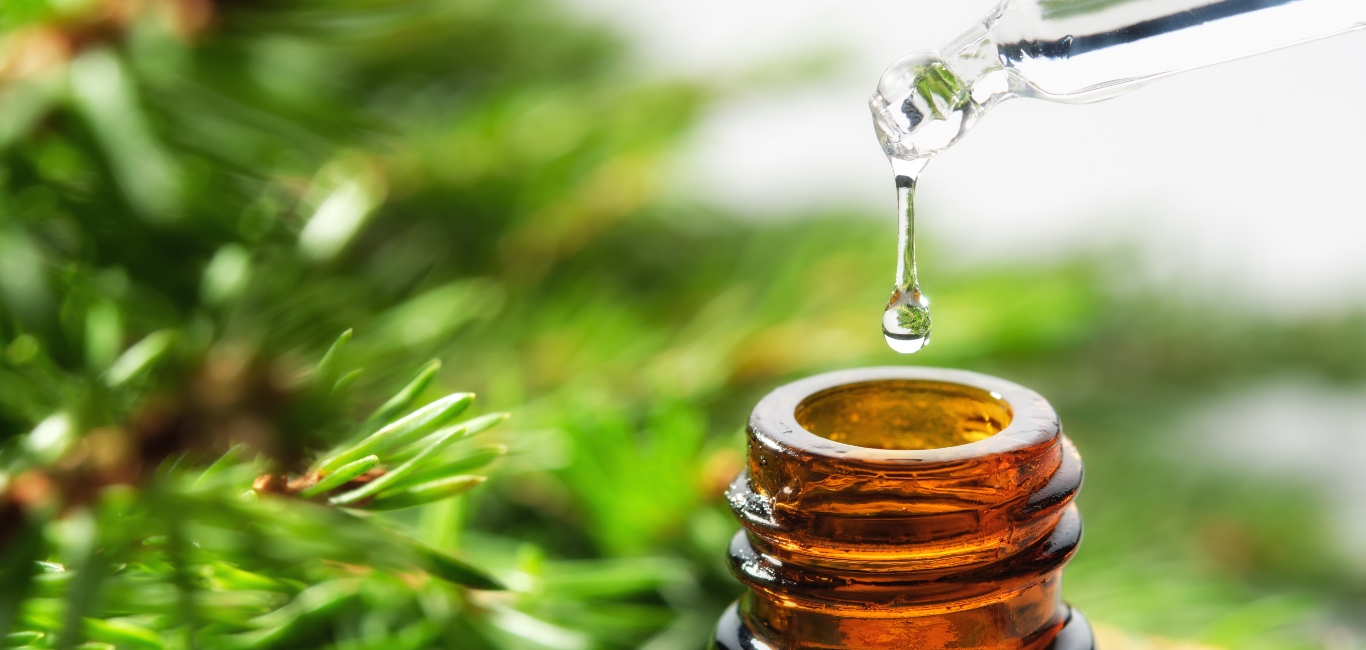
Mudita Sugla was 30 years old when she noticed acne abruptly appearing on her forehead and her face appeared dull and oily. Moreover, she was experiencing hair fall and hair thinning along with irregular periods.
Sugla tried various skin and hair care products and consulted multiple doctors, but nothing helped her. She was diagnosed with polycystic ovarian disease (PCOD). She took medications for the same, but the effect was only temporary. She was looking for a long-term solution. She then consulted a homeopathic expert who lived in the same apartment as hers.
Dr Sharlene Benjers, from Benjers Clinic, Pune, took a detailed history of Sugla and explained her lifestyle, eating patterns and symptoms of PCOD.
Dr Benjers suggested oral medicines, lifestyle changes, and external applications like hair oil, shampoo, and skin cream, formulated by her. Sugla says, “After about 9-10 months, I could see positive results. The acne on my forehead had vanished and my menstruation cycle also regularised.” She was also delighted to see that her hair quality had significantly improved.
What is PCOD?
It is a condition related to hormonal imbalance in women in their reproductive years i.e., from about 13 to 51 years. According to the National Health Service, it is typical to find small amounts of testosterone in all women, but those with PCOD have higher amounts of testosterone. It leads to symptoms such as irregular periods, acne, weight gain, excessive facial and body hair, oily skin, hair thinning, and male pattern baldness.
Researchers are still studying the causes of PCOD. However, they propose that the condition could arise due to genetic predisposition and environmental factors such as obesity and insulin resistance.
Also, read – Difference between PCOD & PCOS.
Dr Roma Jagota, homeopathic consultant at Dr Roma’s Homoeo care, Chandigarh, says that external application of homeopathic medication helps improve the texture of the skin and hair. They also provide nourishment for the hair to grow and prevent further damage. She adds that such products should be preferred instead of those available in the market as homeopathic medicines are often made of natural ingredients.
However, homeopaths believe that external applications alone are not enough to manage any condition even if it is a skin issue. In Sugla’s case, it was crucial to address all the symptoms of PCOD along with other aspects such as her diet, appetite, lifestyle, and sleep through internal medication as well.
Moreover, homeopaths try to understand whether the condition was triggered due to any unpleasant events such as the loss of loved ones, excess job stress, or getting humiliated in front of everyone. They prescribe medicines accordingly.
“We don’t give medicines based on a specific condition. We consider all the aspects of a person every time they come to us,” Dr Jagota explains. She adds that by this method, medicines act at a deeper level, which will take care of the cause of the condition.
Since poor diet and lifestyle is the major reason behind PCOD, it is important to keep them in check.
Here are some tips from the experts.
- Eat natural food and avoid those with preservatives. Increase the consumption of fruits and vegetables. Talk to a dietician to get personalised nutrition advice
- Do not neglect physical activities which also helps in keeping the mood swings associated with PCOD at bay
- Get 8 hours of quality sleep by creating a proper night routine
- Drink about 3 litres of water per day
- Monitor the blood sugar level and keep it in check
- Include yoga and meditation in the routine to knock stress out. Deep breathing exercises can also help. It is important to take out some time for self-care and relaxation
Dr Jagota cautions that one must never self-medicate. One should always consult a physician for individualised advice and management of PCOD.


















One Response
Homeopathy can provide safe cure for chronic and complicated disorders which are not curable in allopathy.